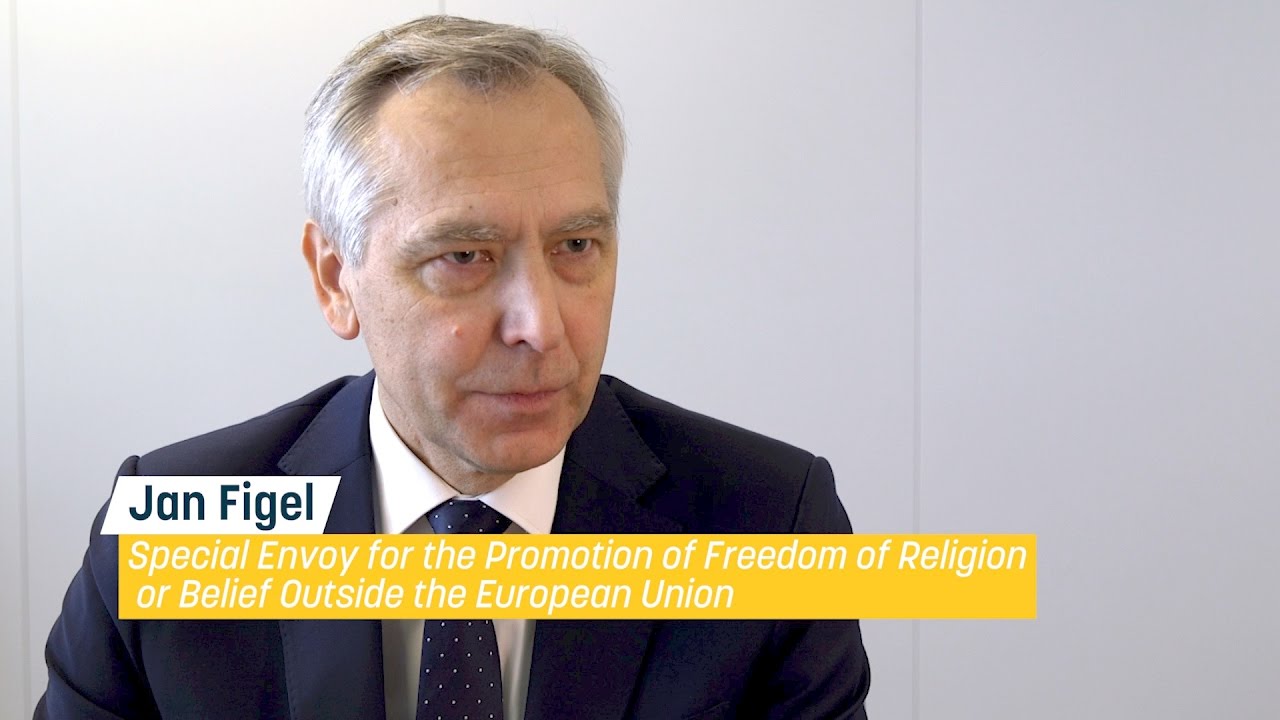Kedy, ak nie teraz, sa má najvyššia ústavná inštitúcia štátu obrátiť na občanov pri prelomovej otázke korekcie a potvrdenia Slovenskej republiky ako demokratického a právneho štátu?
Smrť prezidenta Michala Kováča, úspešný film Únos, vyhlásenia expertov a osobností a občianska petícia naštartovali spoločenský pohyb a tlak na zrušenie Mečiarových amnestií, ktorý prináša novú nádej. Protagonisti i doterajší oponenti sa zjednotili pri postoji za ich zrušenie. Výrazný spor a pochybnosti však vyvoláva spôsob, akým sa to má stať.
Novelizácia ústavy a povinné odoslanie uznesenia o zrušení Mečiarových amnestií na ďalšie posudzovanie pred Ústavný súd (pri jeho súčasnom zložení a zároveň personálnej neúplnosti), niektoré nesystémové články vládneho návrhu, zrýchlené legislatívne konanie a politické náhlenie po desaťročiach odmietania i ďalšie okolnosti však vyvolávajú nielen oprávnené otázniky o skutočnom zámere niektorých navrhovateľov, ale aj o scenároch následného vývoja.
Špekuláciám sa dá predísť. Existuje cesta k zrušeniu amnestií bez spochybňovania suverenity ústavodarnej moci Národnej rady, bez zbytočného medzičlánku a bez právnej neistoty. Tou cestou je schválenie ústavného zákona o zrušení Mečiarových amnestií spolu s uznesením parlamentu o vyhlásení referenda a jeho následné platné uskutočnenie. Podľa čl. 2 Ústavy SR „štátna moc pochádza od občanov, ktorí ju vykonávajú prostredníctvom svojich volených zástupcov alebo priamo“. Podľa čl. 93 ods. 2 „referendom sa môže rozhodnúť aj o iných dôležitých otázkach verejného záujmu“. (Okrem vstupu do alebo vystúpenia zo štátneho zväzku, keď je referendum povinné.)
Nastolenie účinnej spravodlivosti a potvrdenie Slovenskej republiky ako demokratického a právneho štátu je jednou z najdôležitejších výziev súčasnosti. Vytvorenie podmienok na to, aby tak urobil najvyšší, nespochybniteľný suverén – občania Slovenskej republiky –, je v záujme celej spoločnosti a ústavných orgánov štátu.
Vzhľadom na protichodnosť a sčasti aj účelovosť postojov niektorých parlamentných subjektov a na právnicko-politické manévre, ktoré pri tomto návrhu prebiehajú, sa ponúkajú otázky:
1. Kedy, ak nie teraz, sa má najvyššia ústavná inštitúcia štátu obrátiť na občanov pri prelomovej otázke korekcie a potvrdenia Slovenskej republiky ako demokratického a právneho štátu nielen vo vzťahu k minulosti, ale hlavne smerom do budúcnosti?
2. Kto iný než občania republiky ako nositelia všetkej moci sa môže záväznejšie vyjadriť a nespochybniteľnejšie rozhodnúť o tejto dôležitej otázke verejného záujmu?
3. Ako inak než ústavne definovanou a zákonne zrealizovanou formou sa má v tejto záležitosti transparentne a dôveryhodne rozhodnúť?
Riziko nedostatočnej účasti občanov na ratifikačnom referende považujem za menšie a prijateľnejšie ako všetky riziká vládneho návrhu a špekulatívnych kompromisov. Ak tento postup zrušenie Mečiarových amnestií neprinesie, spoločenská skepsa voči politike nevzrastie natoľko ako v prípade zlyhania ústavných orgánov. Zodpovednosť za vývoj nesie tak či tak celá spoločnosť. Charakter štátu, kvalita demokracie a zameranie politiky sú v rukách občanov, v dobrom aj v zlom. Referendum o zrušení Mečiarových amnestií bude však výnimočným rozhodovaním, na prospech demokracie, odvahy a angažovanosti predovšetkým novej generácie. Náklady späté s ratifikačným referendom budú investíciou do živého vedomia a svedomia spoločnosti. Budú investíciou na posilnenie priamej demokracie a do celospoločenského odmietania beztrestnosti a zneužívania politickej moci.
Referendum môže byť historickým zlomom v prospech lepšej perspektívy Slovenska tak, ako ním boli voľby v roku 1998, ktoré prišli po štátnych zločinoch a mocenských, protiústavných manipuláciách vrátane zmareného referenda o priamej voľbe prezidenta. Z ovocia tohto občianskeho a politického vzopätia vzišlo nielen naše aktuálne medzinárodné ukotvenie, ale aj demokraticky zrelšie a silnejšie Slovensko. Nádej na úspech oprávnene vzbudzuje aj konsenzus parlamentných strán podporujúcich zrušenie amnestií. Politická zhoda na tom, že Mečiarove amnestie treba zrušiť, sa totiž môže účinne preniesť do podpory v kampani, ako to bolo pri úspešnom referende o vstupe do Európskej únie v roku 2003.
Ratifikačné hlasovanie občanov o kľúčovom ústavnom zákone parlamentu posilní v ľuďoch vedomie vlastníctva demokracie a základných práv a vplyvu na verejnú moc a spravodlivosť v štáte. A práve to dnes naša krajina veľmi potrebuje.
Ján Figeľ
Článok nájdete aj na dennikn.sk
Čítajte aj na teraz.sk







